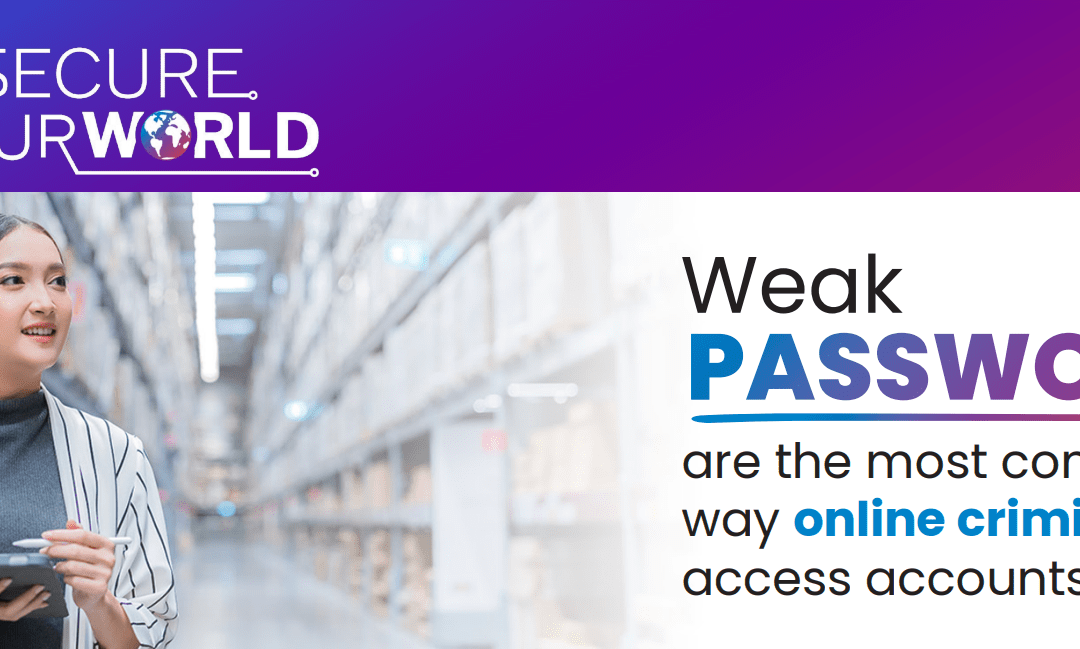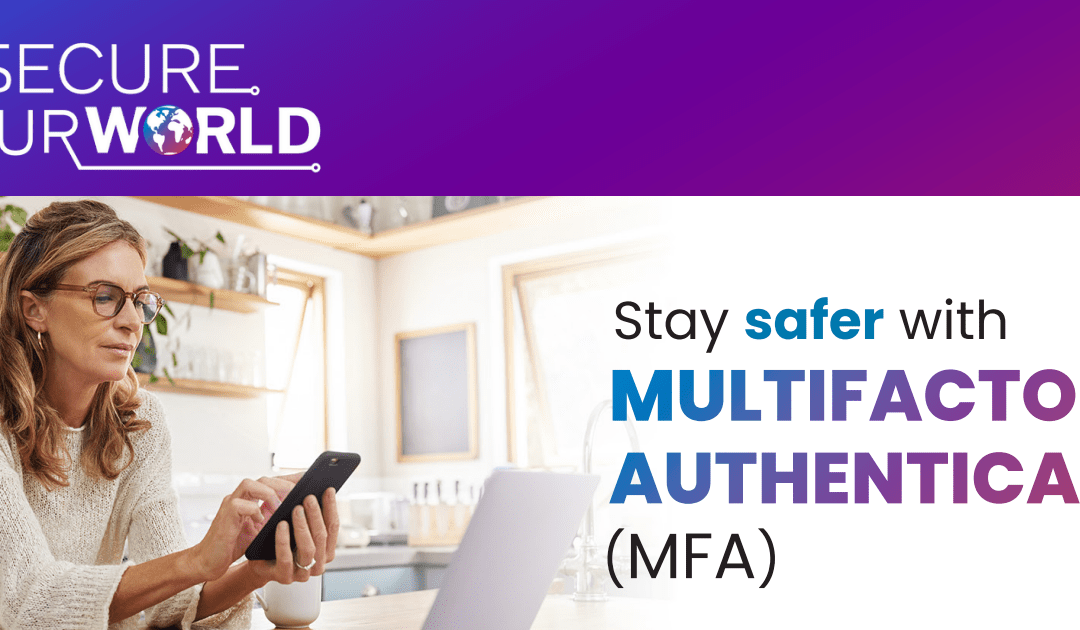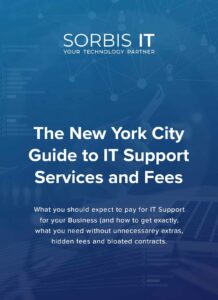Although data security and data privacy may sound like the same thing, they are actually two distinct processes.
Without them, many businesses would not be compliant with privacy and safety laws.
Not only can this result in fines and reputational damage, but it can also cause your business to close down.
In this article, I take a closer look at these two concepts and why they are so important for you and your employees.
I also share some expert-approved tips on how you can maintain adequate security and privacy processes in your business.
❓ What Is Data Privacy?
Data privacy refers to the ways a person can choose how their personal data is used by their employer.
It also includes how data is legally collected and stored, as well as how this data may be shared with third parties.
There are two main sections of data privacy: access control and protective mechanisms.
Access control is all about determining who should have authorized access to personal data and who shouldn’t.
An individual should usually have full control over who is able to access their data or, at the very least, have to consent to how it will be used.
The second section—protective mechanisms—involves putting processes in place that will prevent unauthorized users from accessing personal data.
These mechanisms should also help to prevent data loss or stop the spread of sensitive information in the event of a cyberattack.
I’ll go into more detail about how you can achieve this a bit later.
Why is data privacy so important for your business?
Data privacy is an important part of ensuring that your employees and their personal information are protected from harm.
This means that sensitive information won’t fall into the wrong hands and put individuals in danger of things like identity theft or blackmail.
It also allows employees to retain autonomy because they are able to make their own decisions and choose what they feel comfortable with.
❓ What Is Data Security?
Data security refers to processes you’ve put in place to protect digital information about your business and employees.
It usually includes IT software and training courses for employees.
These processes are meant to prevent cybercriminals from hacking your systems and leaking data.
They should ideally also protect employees from making mistakes that can contribute to a data breach, like clicking on phishing links or opening harmful emails.
The importance of data security for your business
Data security is essential for ensuring long-term digital protection for your business. With cybercrime on the rise, it’s more important than ever to invest in good data security practices.
Not only do these practices prevent cyberattacks, but they can also prevent financial losses, reputational harm, and loss of customer trust and loyalty.
Many governmental institutions have also made it necessary for businesses to implement data security.
This means that you need to have processes in place to comply with laws and regulations, otherwise your business runs the risk of being shut down.
❓ Is There a Difference Between Data Security and Data Privacy?
Although these terms are often used interchangeably and share a few similarities, they are not the same.
In the table below, I’ve pointed out a number of key characteristics to help you understand these concepts better.
| Data Security | Data Privacy | |
| Protection | Covers policies and methods put in place to protect data, including personal information.
Protects business information from cyber criminals to help prevent financial and reputational harm. |
Protects the personal information of individuals from unauthorized third-party access.
Involves processes to ensure that data is collected legally and fairly. Regulates how any collected data can be used by the business and third parties. |
| Systems or Processes Used | Data encryption.
Ransomware/Malware. Anti-virus software. Educational training for employees. |
Data encryption.
Two-factor authentication. Tokenization. |
| Compliance and Regulatory Laws | Regulated by law.
Businesses must have data security processes in place in order to ensure compliance. |
Forms part of a person’s right to privacy and allows for legal action in the case of a breach.
Also regulated internally in terms of how businesses protect data, choices employees can make, and what is stored on company systems. |
🔎 How to Ensure Data Security and Privacy
Achieving data privacy and security while ensuring compliance with laws and regulations can be challenging.
The best thing you can do is to get the help of a managed service provider (MSP), like Sorbis.
MSPs are external IT experts who can identify any current or future issues your business might have and recommend solutions.
They will also constantly monitor your systems to ensure that any potential threats are dealt with before they get too serious.
For more information on MSPs, you can read this article that I wrote on this topic.
I’ve also included a few tips to help you maintain data security and privacy in your business.
Expert-approved tips to maintain data security and privacy
Create a cybersecurity policy
Cybersecurity policies are detailed documents of any processes and protective mechanisms that your business has in place.
Not only do these policies cover employee safety and risk management, but they also explain what to do in the event of a data breach.
These documents are essential for ensuring that everyone is on the same page about the reality of cyber-risks and how to keep themselves protected.
Privacy policies work in a similar way by detailing how personal data is collected, stored, and used.
This helps employees to see where their information is going and it also explains to them what authority they have over their personal data.
Use the right solution for your business
Every business is unique and should use protective mechanisms tailored to its needs.
This means that you need to identify weaknesses in your policies and process before deciding how to fix them.
Then you can look for a service provider that can address the specific areas you’ve identified.
If you’re unsure how to do this, you should consider enlisting the help of an MSP as soon as possible.
Most of these service providers will be able to perform a detailed audit of your business process to gain an understanding of how they work.
Then they will tailor a data security and privacy solution to your business needs to ensure full coverage.
This can also help you follow regulations and stay compliant with any laws.
Increase remote monitoring by using an MSP
As we’ve said before, one of the best ways to achieve and maintain data security and privacy is to use a managed service provider.
Not only will they help you identify and fix any security concerns you may have, but an MSP will also constantly monitor your systems.
The best part is that they can usually do this remotely, 24/7.
This ensures that threats are detected early and minimized before they become a danger to your business.
MSP will also be able to identify any new security issues and address them before they become serious safety concerns.
With the help of an MSP, you’ll have complete visibility of your business’s privacy and security processes to help you protect what matters most.
Provide training for employees
Your employees are the people who will be using the IT infrastructure the most. That’s why it’s important that they are educated when it comes to cyber-safety.
Ensure that a professional comes to speak to your employees about important topics such as:
- Phishing emails.
- Data encryption.
- Two-factor authentication.
You can also include business-specific information about cybersecurity policies and regulations that your employees should know.
Some MSPs—like Sorbis—will provide onboarding training and continuous support to employees who need it.
This helps to keep them up to date with the latest cybersecurity strategies and ensures that they know how to protect themselves and their business.
🔒 Protect Your Business From Every Angle with Sorbis
At Sorbis, our team wants to help you ensure compliance and safety for your business and everyone involved.
Not only are we experts in our field, but we’re ready to help you identify and fix your technological gaps for good.
We can also help you manage your IT infrastructure by:
✅ Generating weekly reports to identify cyber threats and new vulnerabilities.
✅ Helping you to set up security and privacy policies tailored to your business needs.
✅ Using industry-leading technology to monitor and continuously improve your systems.
✅ Offering technical support to all staff whenever they need it.
✅ Ensuring your infrastructure is compliant with industry standards and regulations.
✅ And much more.
If you have any questions, don’t hesitate to contact me, Gene, as soon as possible. You can reach out via email at gaugust@sorbis.com.
You can also check out any of my other articles—they’ve been carefully constructed to educate you and help keep you safe.




